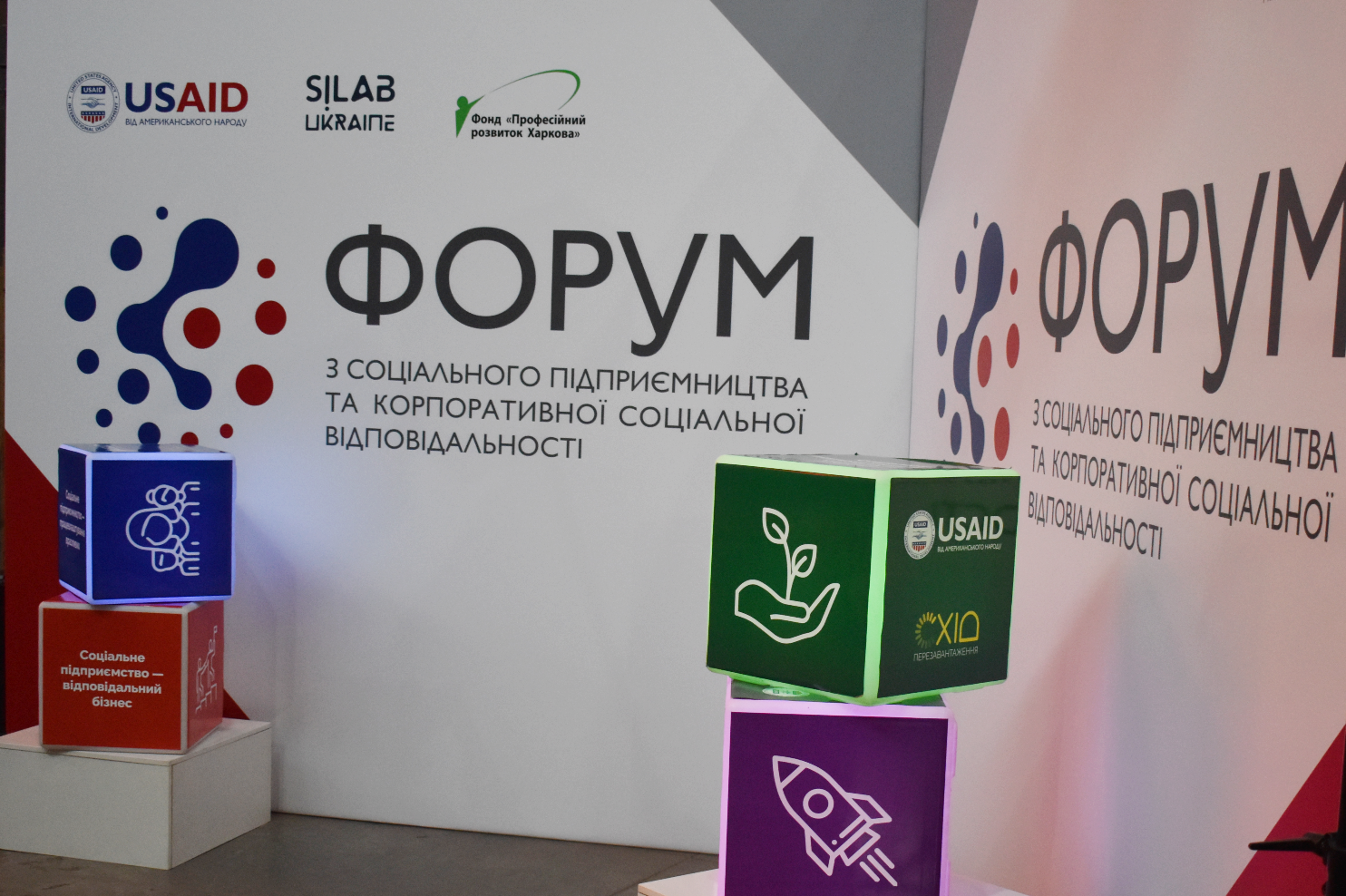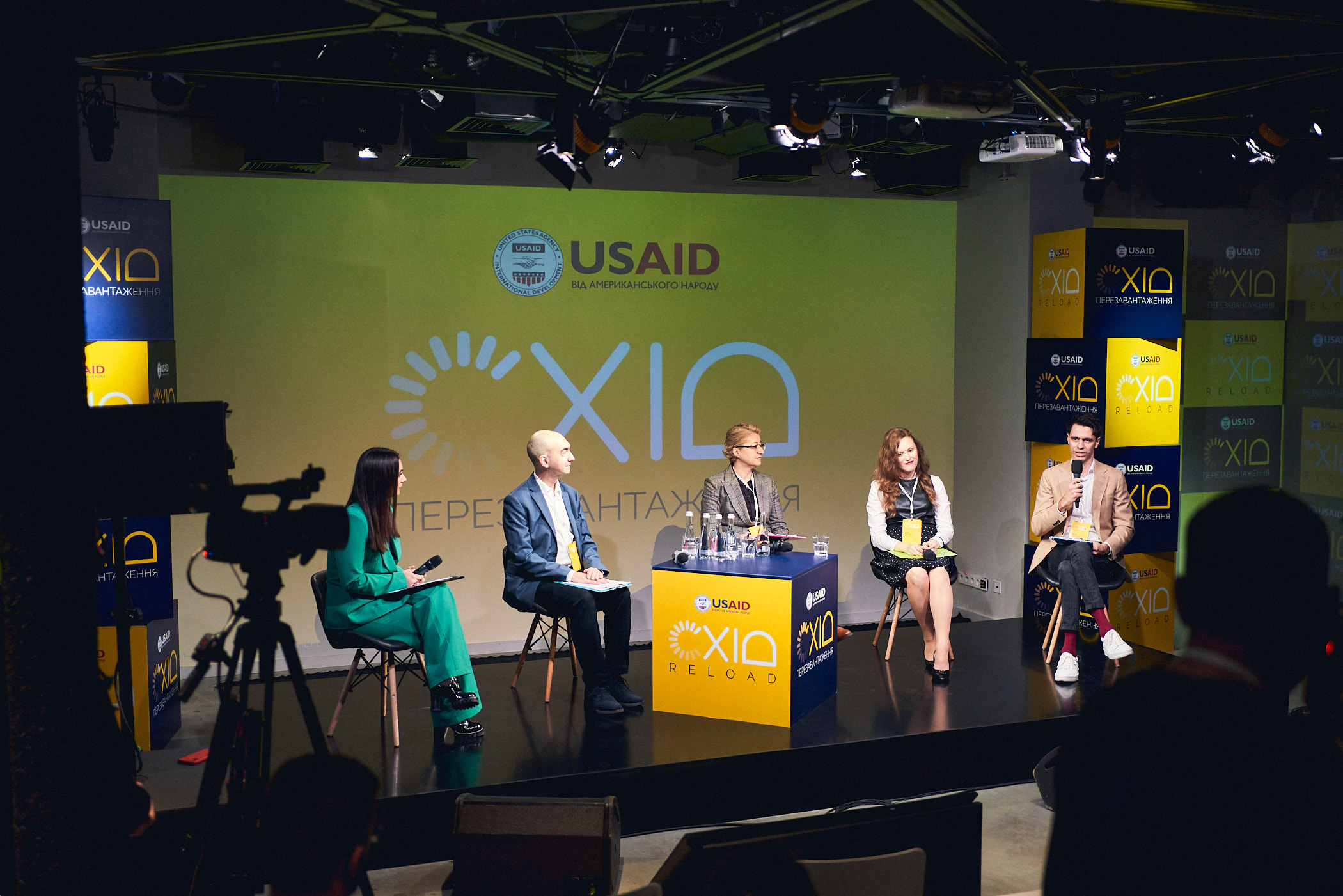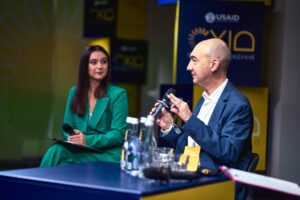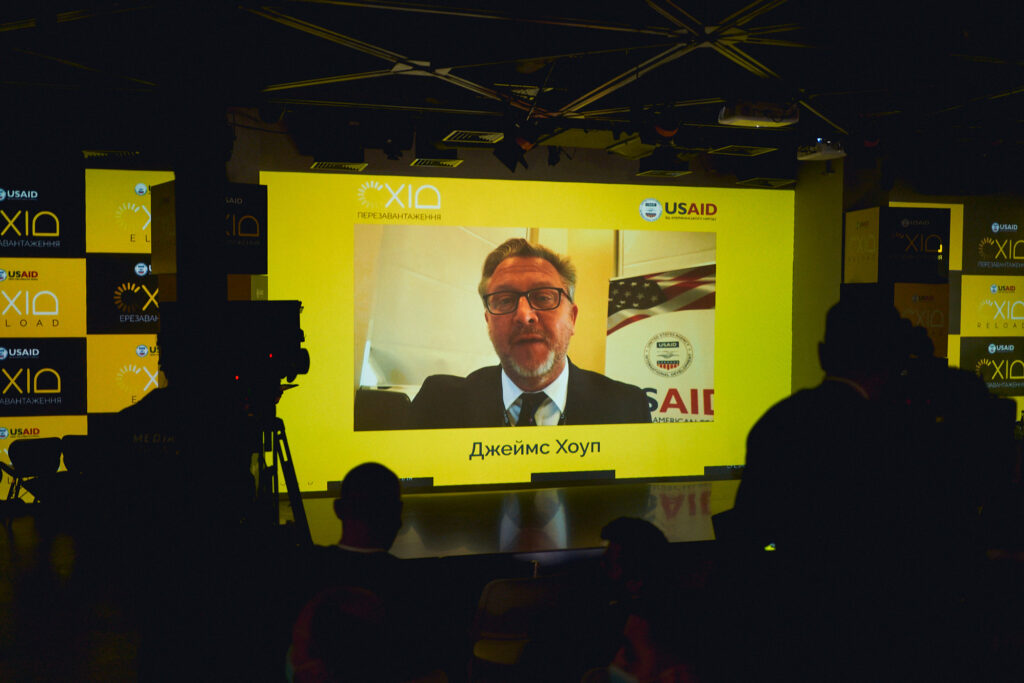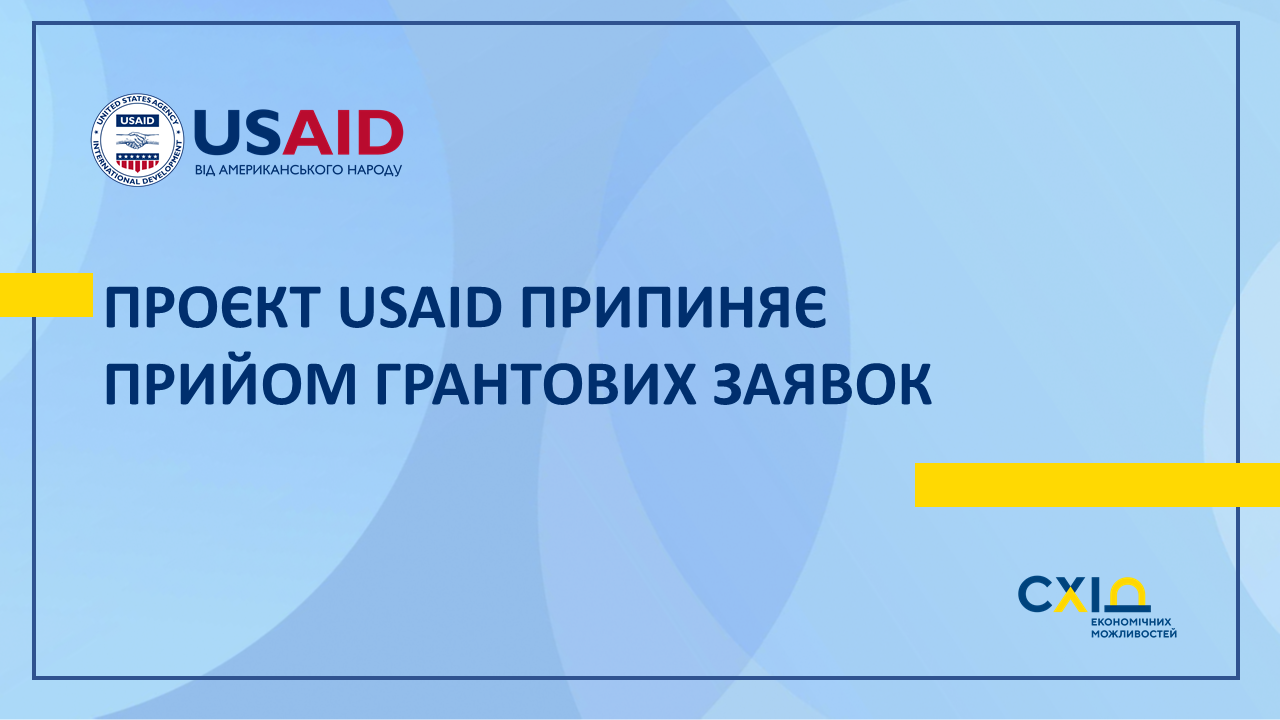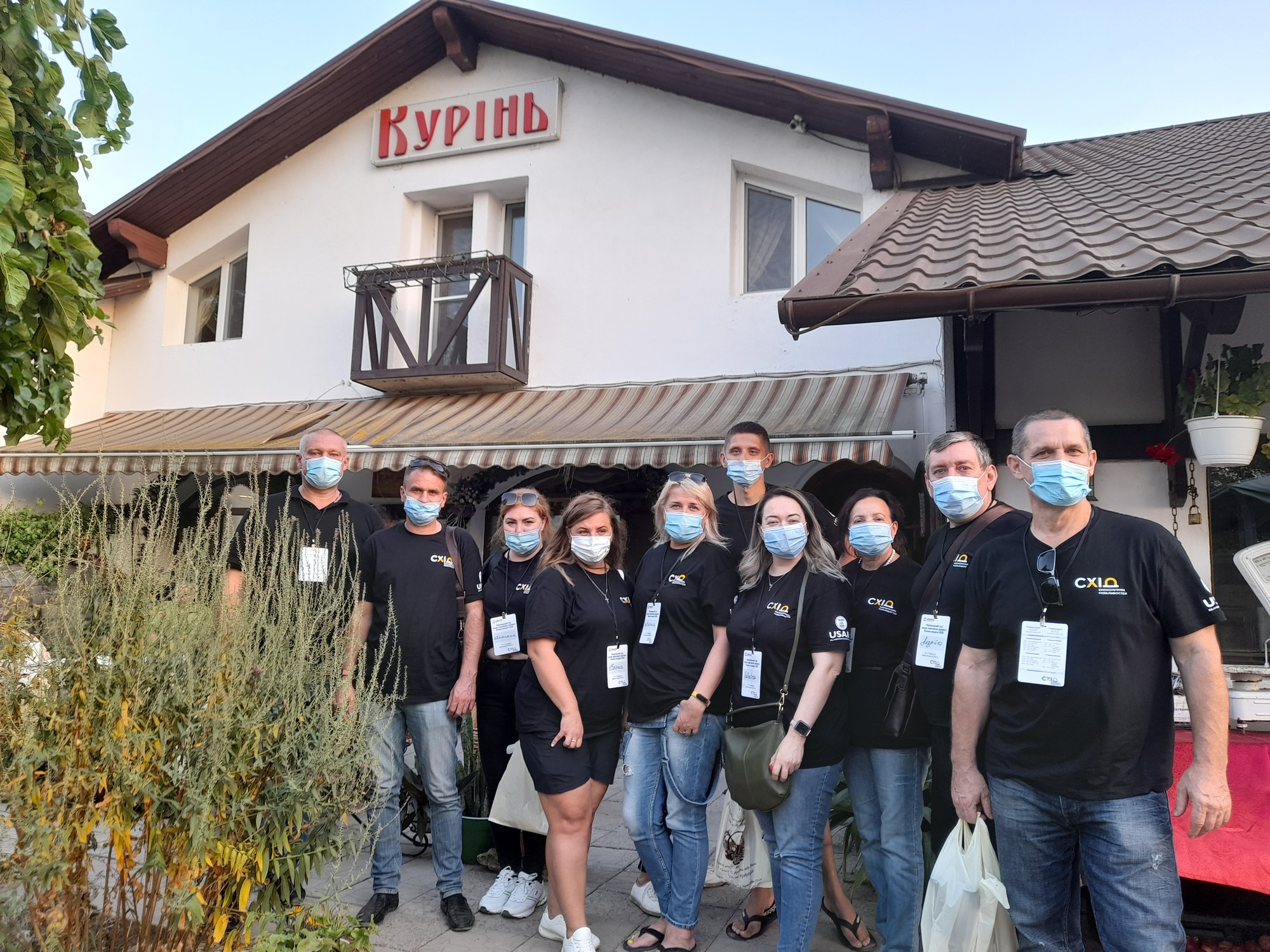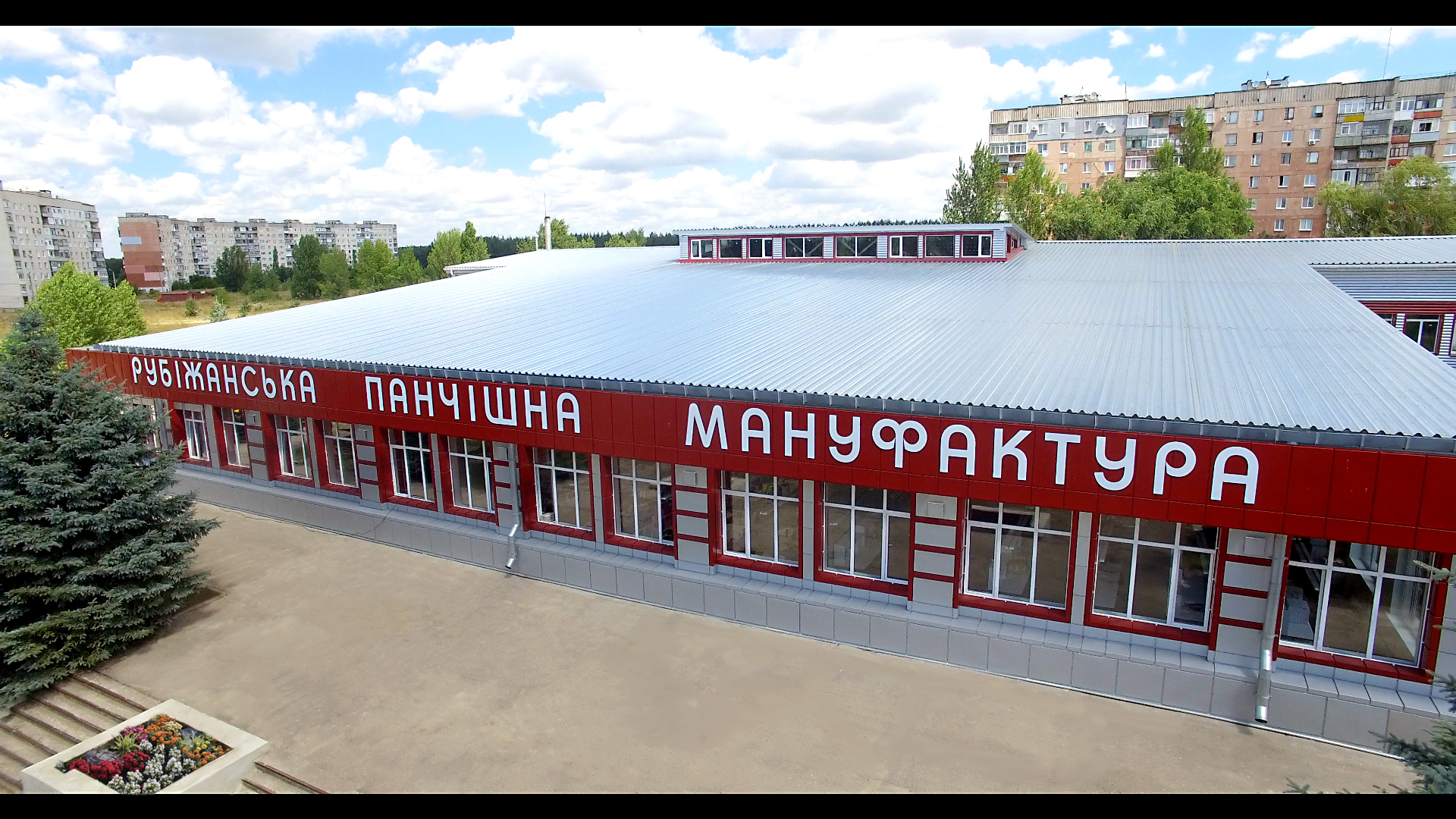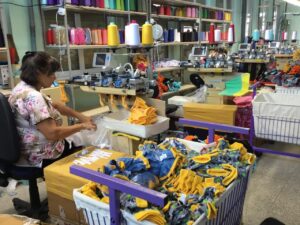USAID Economic Resilience Activity (ERA) in partnership with NGOs SiLab and Kharkiv Professional Development Foundation organized a two-day hybrid online/in-person forum on social entrepreneurship.
Over 150 participants attended the event, including social entrepreneurs who are successfully developing businesses in different regions of Ukraine, representatives of local authorities, representatives of ERA, international organizations, and funds that invest in the development of social entrepreneurship in Ukraine. Approximately 100 participants participated in the forum sessions online.
The aim of the forum was to identify priority vectors of social entrepreneurship ecosystem development in the eastern regions of Ukraine.
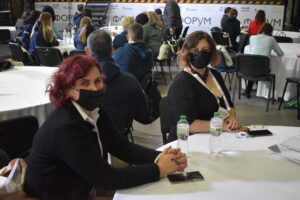
Experts from Germany, Latvia, and Georgia spoke about the development of social entrepreneurship in their countries. According to the experts, there are now more than 13.5 million people working in social enterprises in the European Union, and 17 EU countries grant the status of the social entrepreneur.
In Latvia, popular legislation supports social entrepreneurship. Diana Lapkis from Latvia, chairman of the board of the New Door accelerator for social entrepreneurs, said that at first social entrepreneurs were registered just like other enterprises but a commission eventually decided to give them the specific status of the social entrepreneur.
In Germany, 90 percent of social entrepreneurs must attract external funding (usually from the government), and 60 percent need support outside support in legal matters. Social entrepreneurs in Germany are highly regarded by the public and considered social innovators who influence positive change and the future. They say they need support from the state, not regulation. However, in Germany, social entrepreneurs do not have preferential status.
Education in the field of social entrepreneurship was also discussed during the forum sessions, including topics such as how to learn through accelerators, incubators, school education, and universities.
At a fair of social enterprises held during the forum, 30 social entrepreneurs presented and sold their products, talked about their activities, and met new partners and experts to promote their ideas and projects. They make craft products (cheese, tea, confectionery, wooden souvenirs), teach young people creative entrepreneurship (making T-shirts, sweatshirts, souvenirs), and employ people with disabilities.
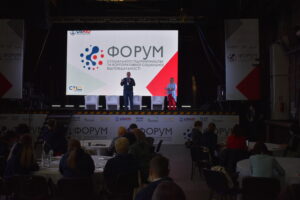
Topics on the second day of the forum included corporations and social enterprises, corporate social responsibility, opportunities for win-win cooperation, and how to attract resources for the development of social enterprises. The speakers emphasized that sharing success stories of implemented projects inspires others and creates synergies, collaborations, and partnerships. They advised using a variety of different communication channels to promote ideas and initiatives.
The forum also discussed how to attract resources for the development of social entrepreneurship. Participants presented their experience of raising money through crowdfunding, grant programs, and loans.
